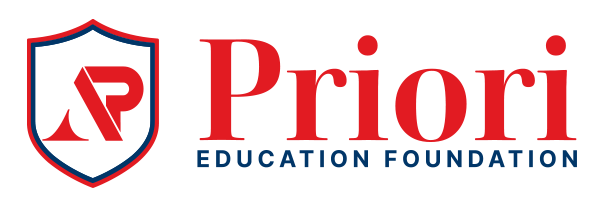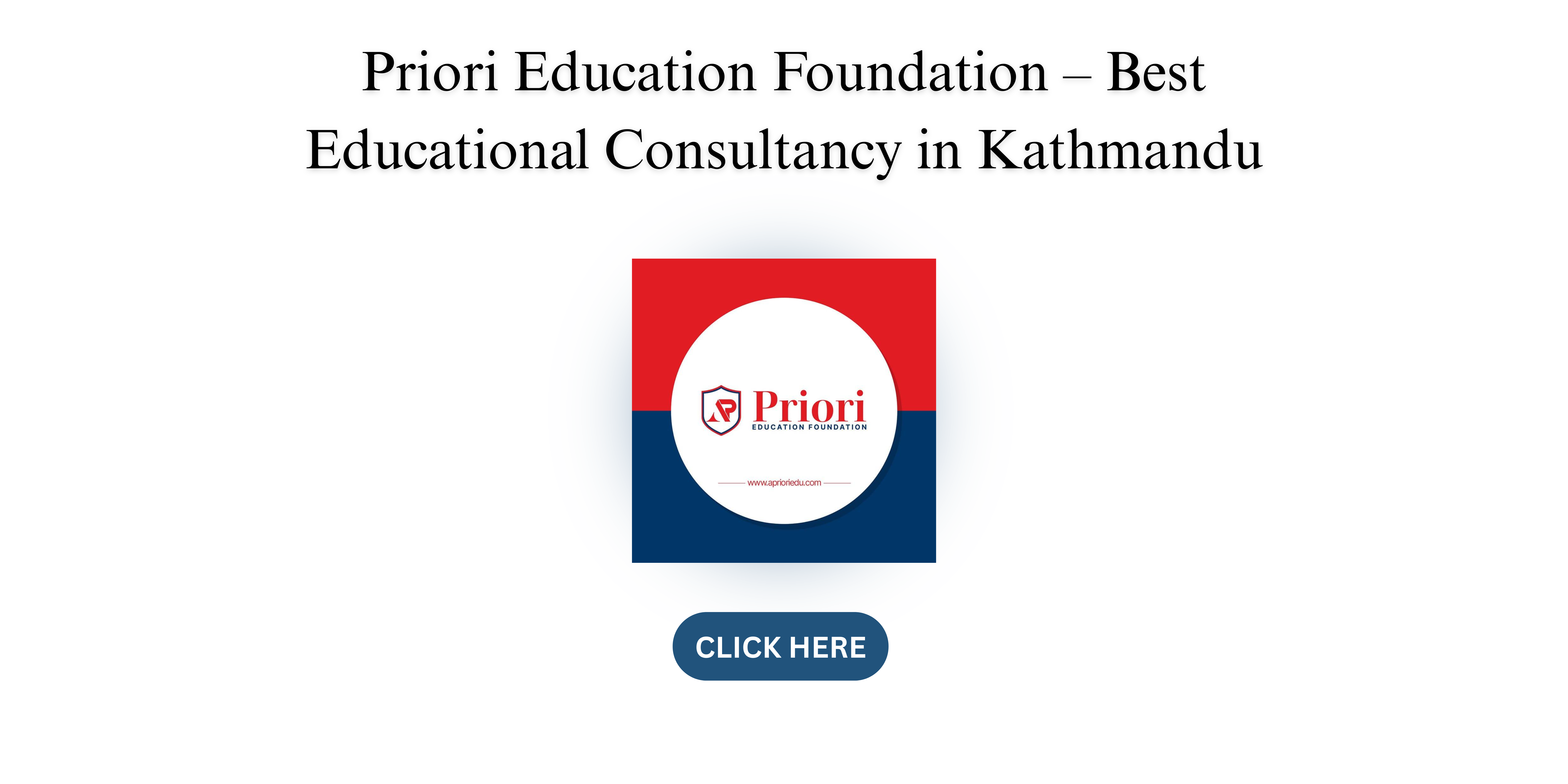
The choice of an appropriate course is one of the most important decisions for any student (foreign or pursuing any higher education), especially as a future-oriented assessment approach. Choosing a course that matches students' interests and strengths can transform their academic journey into a successful one. Here's how to go about it:
1. Assess Interests
Understand the subjects or activities that truly interest you; ask yourself questions like -
Which subjects do I want to study the most?
What hobbies or activities can enhance my motivations?
Do I prefer creative work, technical work, or analytical problem-solving?
In fact, most points will lead you to courses which are probably the best for you-the ones at which you will enjoy things and do well.
2. Identify Strengths
Knowing strengths is as important as knowing interests. Consider:
Academic strengths: Do you excel in sciences, math, literature, or social sciences?
Skills: Are these analytical, communication, or technical skills?
Personal qualities: Are you detail-oriented, creative, or good at teamwork?
Matching your strengths with courses helps ensure you can handle the workload and succeed.
3. Research Career Possibilities
Learn about the various career paths that can be pursued using your course options. You should ask yourself:
What jobs can I get for having completed this course?
What is the demand for professionals in this field?
This course will help me in reaching my long-term career goals?
Choosing a course that offers future career possibilities adds worth to your education and career prospects.
4. Consult
Consultation with the eminent people in education gives insights that you might not acquire from anywhere else. These educational consultants can:
Help match your interests and strengths with suitable courses
Advise what universities/programs are suitable for your purposes
Guide you through admission requirements and application processes
5. Bring in Practical Experience
Before final committing, try to expose yourself through:
Online courses or workshops
Internships or Rotary
Communication with professional people in the area
Practical experiences take you closer to confirmation of whether or not the course consents fits you.
Conclusion
Choosing the right course is all about striking a balance among one's interests, strengths, and career goals. It always required one to spend time doing a self-assessment, researching options, and consulting experts. The right course could lead students toward both academic success and a fulfilling career.




